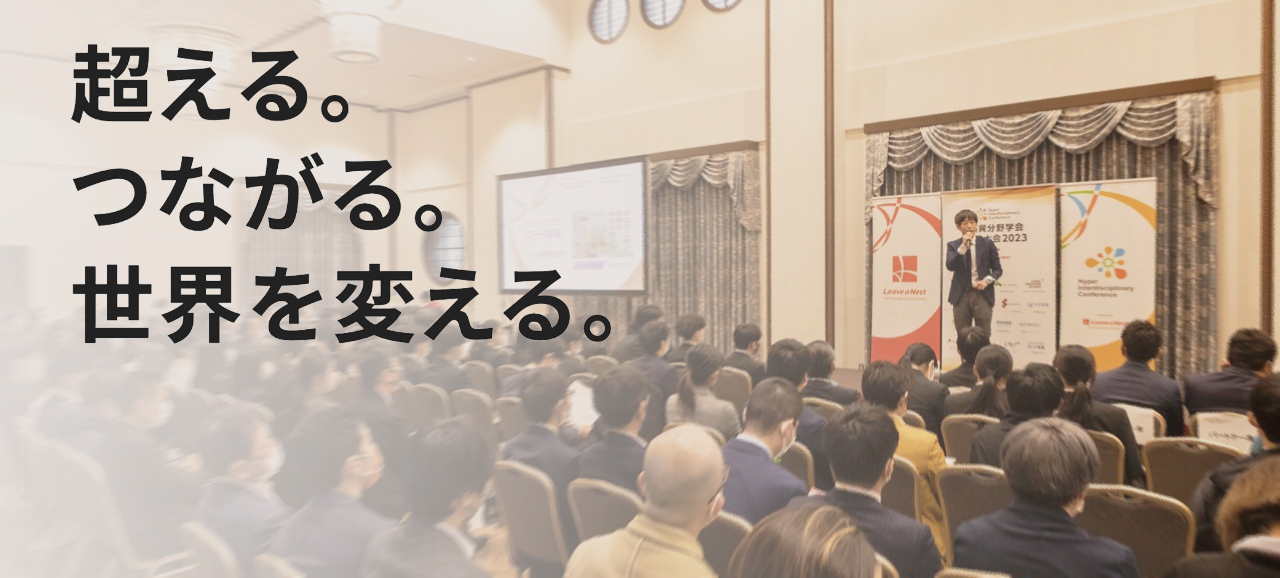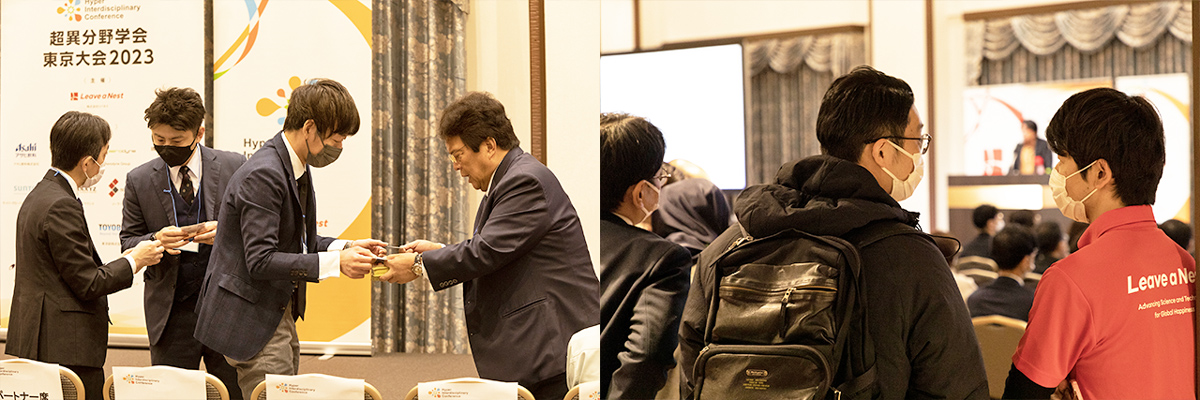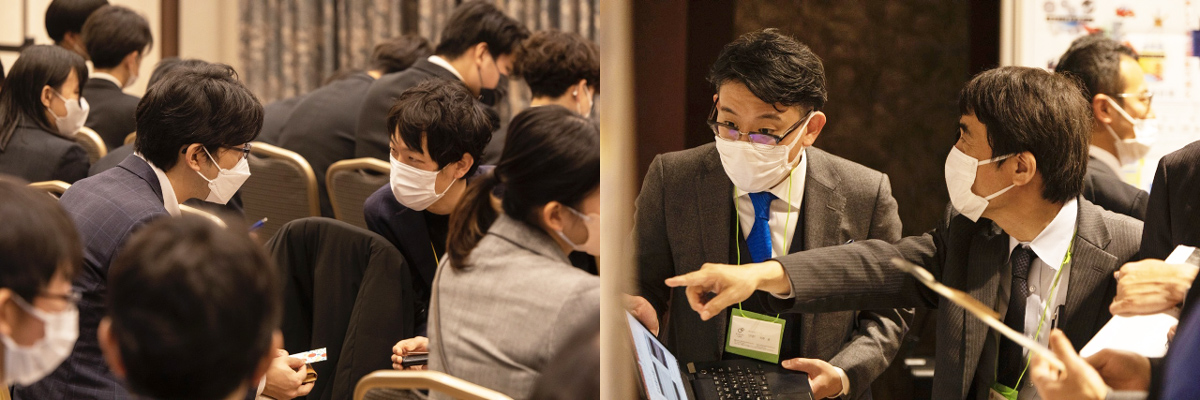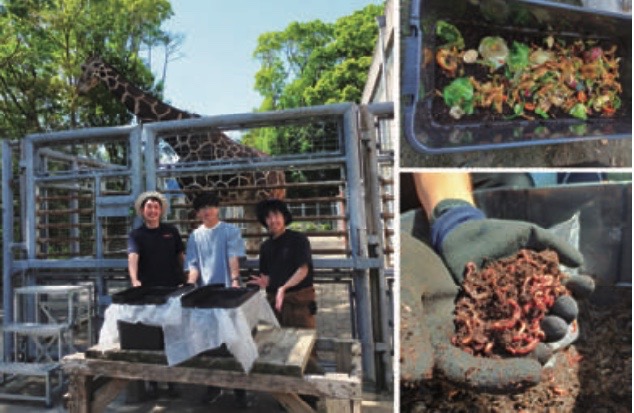--- Please introduce yourself.
Metagen is a university-launched venture established in 2015, coming out of Keio University and Tokyo Institute of Technology. The group vision is to "achieve zero disease," and we are focusing on the bacteria that are currently in your stomachs, conducting various research, and creating businesses based on this research.
It has become clear that each person's intestinal environment is completely different, and we are creating a business to provide health care tailored to each person's intestinal environment with the aim of making health care that matches this intestinal environment the norm.
For example, we want to create a world where people can test the bacteria in their intestines and eat foods that match their intestinal bacteria.Body GranolaThe company has released a product called
First, we ask people to send us their stools to examine their intestinal environment, and then we offer a service that says, "Let's eat the food (granola) that is right for you.
I myself am involved in research on preventive medicine, spa therapy, etc. I joined Metagen as the first employee and am now a director. I was involved in the development of stool preservation technology for collecting and sending stools.
I have attended a surprisingly large number of hyperdiscipline conferences when I count them, and I have taken advantage of them by presenting the results of collaborative research here while also speaking at sessions and other events, and by starting new initiatives with people I have met here.
--- Can you tell us about how you have participated in hyperdisciplinarity conferences in the past?
I used to be a researcher, so when I went to so-called academic conferences, I thought they were places where people in similar fields were presenting academic posters and having academic discussions, but when I went to conferences in very different fields, I found many people who were not researchers (laughs).
There are people from large companies, people from other ventures, high school students and other students, people from local factories, and people from the government. There are people from all walks of life. I sometimes present my research and projects in such an environment, and I think it is a unique opportunity to see how people look at my work and to receive diverse opinions and comments. There is no other place like it (laughs). I don't think there are many places like this. I think it is a very good place because I don't think it is very common.
Metagen has had many experiences in which we have presented our own research, or have taken the stage at a panel discussion to talk about what we are working on, or have given a talk on the theme of the day, In such cases, discussions such as, "Well, it would be interesting to try something like this," are often generated during the session, and then, "Well, let's actually try it," and the conversation with the company continues after the super interdisciplinary conference.
We are headquartered in Yamagata, and at the Yamagata Forum, there are cases where joint research projects are actually underway with companies that participated in the forum. I think this is a place that provides an opportunity to take a new step forward. I think there are many things that come to mind here that would not normally occur to me.
--- What do you think about going to various posters, even for those who are not presenting at the poster session, and bounce your ideas off of them, from which new ideas and relationships may emerge?
Yes, I think you are right. I think you are right.
When you do research on intestinal bacteria and present at so-called academic conferences, you don't often encounter a place like Focus Systems (laughs), but I think this is exactly the kind of place where such encounters can happen.
I think it is important to be in a place full of people in fields that you do not normally come into contact with, and to actively try to interact with them by saying, "I don't understand, so please tell me about it.







